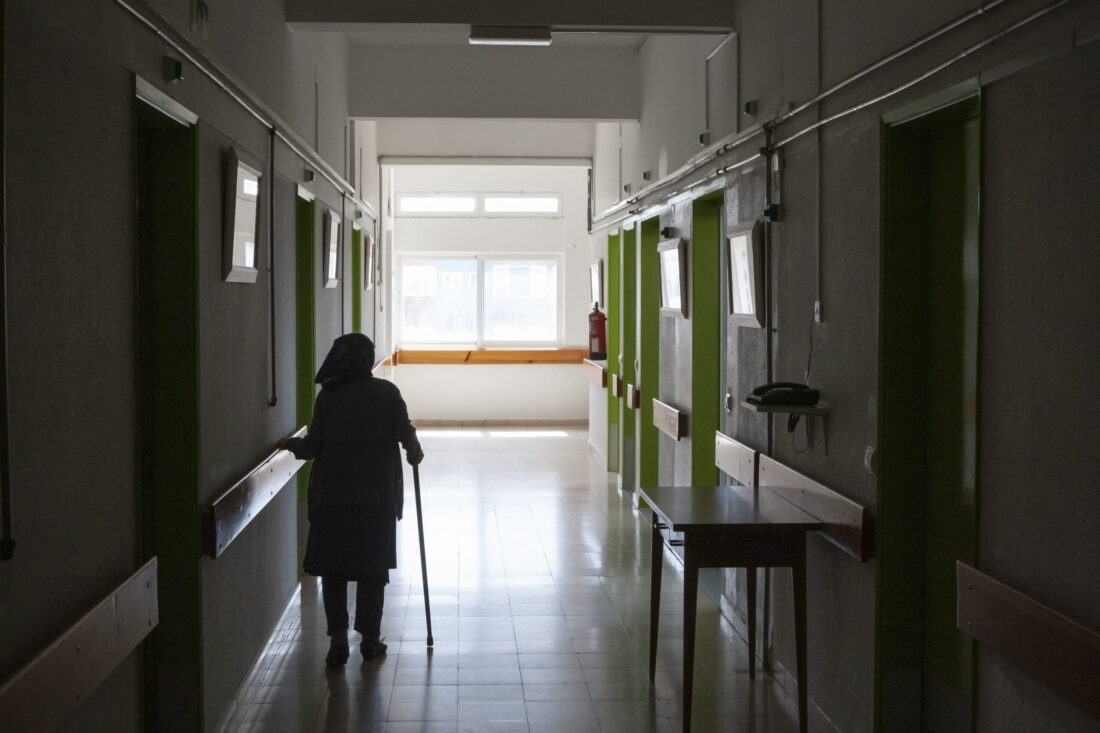Deciding to place a loved one in a nursing home or long-term care facility is not an easy choice to make. It comes with a significant weight of trust and expectation for their care and well-being. The hope is that they will receive the attention, medical care, and respect they deserve in their later years. However, the reality that many families face is far from this expectation. Instances of abuse and neglect within these facilities are not only heartbreaking but alarmingly common, affecting some of the most vulnerable individuals in our society.
Defining Abuse and Neglect
Nursing home abuse occurs when residents experience intentional mistreatment by the staff or caregivers, leading to physical, emotional, or psychological harm. This abuse can take many forms, ranging from physical violence and emotional cruelty to sexual abuse. Physical abuse might include hitting, kicking, or the inappropriate use of restraints, while emotional abuse could manifest as yelling, humiliation, or isolation. Sexual abuse in nursing homes, a particularly egregious violation, can involve any unwanted sexual interaction, from harassment to assault. Each of these acts not only compromises the physical and mental health of residents but also their dignity.
Neglect, while distinct from abuse, is no less damaging. It stems from a failure to meet the basic needs of residents, whether due to understaffing, negligent hiring, or inadequate training. This neglect can manifest in various ways, from failing to provide essential food and water to insufficient medical care or hygiene. Unlike abuse, neglect does not necessarily involve intent to harm; however, the outcomes can be just as severe, leading to illnesses, injuries, or even fatalities among residents. The underlying causes of neglect often point to systemic issues within the facility’s management and operational standards.
Legal Recourse and Compensation
For families and victims of nursing home abuse or neglect, understanding the legal avenues for seeking justice and compensation is crucial. Victims and their families can pursue legal action against the individuals responsible for the abuse or neglect, as well as the facilities themselves. Lawsuits can seek compensation for medical bills, pain and suffering, and punitive damages designed to punish egregious conduct and deter future violations.
What You Can Do
Recognize the Signs: Awareness of the signs of abuse and neglect is the first step. This includes unexplained injuries, signs of poor hygiene, sudden changes in behavior, or unexplained weight loss among residents.
Report Your Concerns: If you suspect abuse or neglect, report your concerns to the facility’s management, local health department, or ombudsman program. Documentation is key—keep detailed records of your observations and any communications with the facility.
Seek Legal Advice: Consulting with a legal professional experienced in elder abuse and nursing home negligence cases can guide the best course of action. An attorney can help navigate the complex legal system, gather necessary evidence, and advocate for the victim and their family.
Advocates for the Vulnerable
At Benton & Benton, LLC, we understand the profound impact that abuse and neglect can have on nursing home residents and their families. Our commitment is to provide a voice for those who cannot speak for themselves, ensuring that victims receive the justice and compensation they deserve. If you or a loved one has experienced abuse or neglect in a nursing home or long-term care facility, we are here to help. Our team has the expertise and compassion to handle these sensitive cases, fighting tirelessly for the rights and dignity of the elderly.
If you suspect nursing home abuse or neglect, do not wait to seek help. Call 866-927-4290 to schedule a consultation. Let us stand by your side and fight for the safety and well-being of your loved one.

 Call Us Now
Call Us Now Email Us Now
Email Us Now

